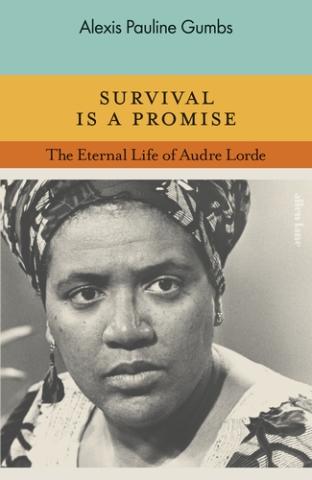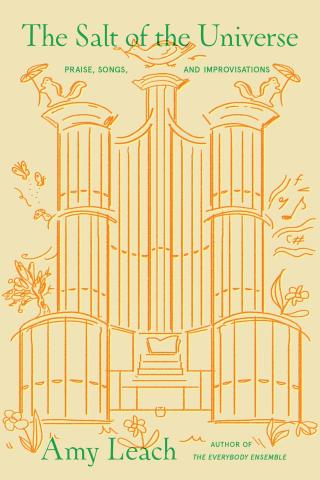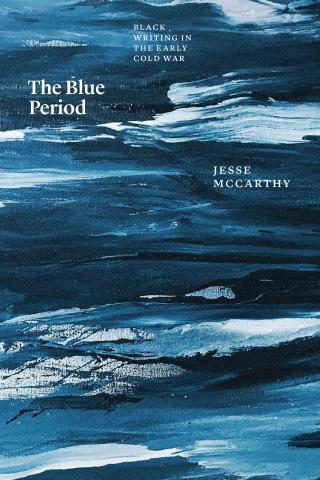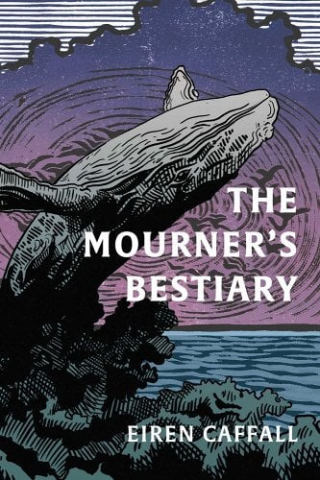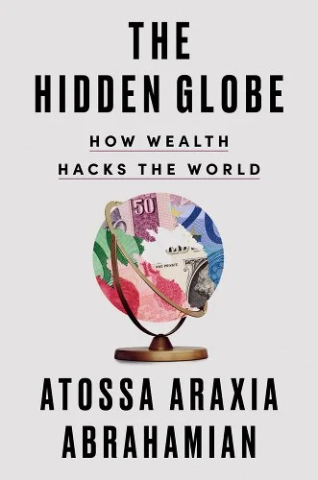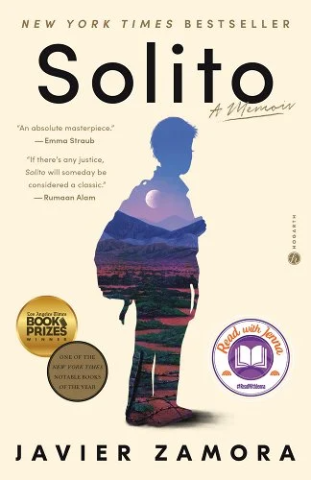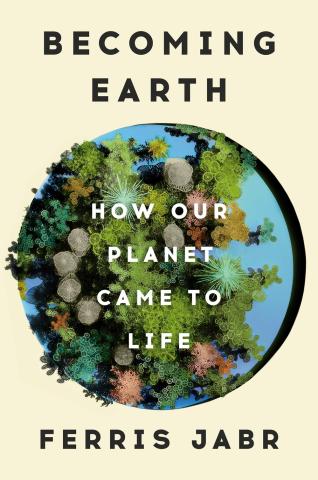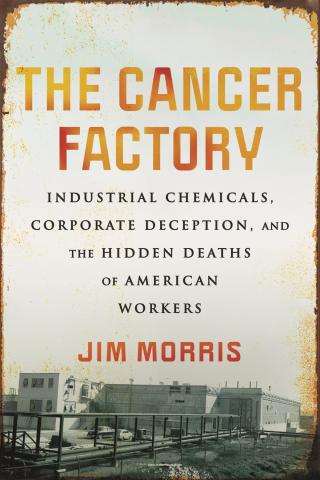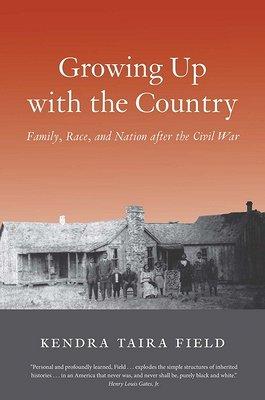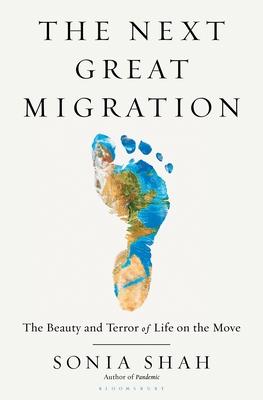Audre Lorde’s understanding of survival was not simply about getting through to the other side of oppression or being resilient in the face of cancer. It was about the total stakes of what it means to be in relationship with a planet in transformation. Possibly the focus on Lorde’s quotable essays, to the neglect of her complex poems, has led us to ignore her deep engagement with the natural world, the planetary dynamics of geology, meteorology, and biology. For her, ecological images are not simply metaphors but rather literal guides to how to be of earth on earth, and how to survive―to live the ethics that a Black feminist lesbian warrior poetics demands. In Survival Is a Promise, Alexis Pauline Gumbs, the first researcher to explore the full depths of Lorde’s manuscript archives, illuminates the eternal life of Lorde.
